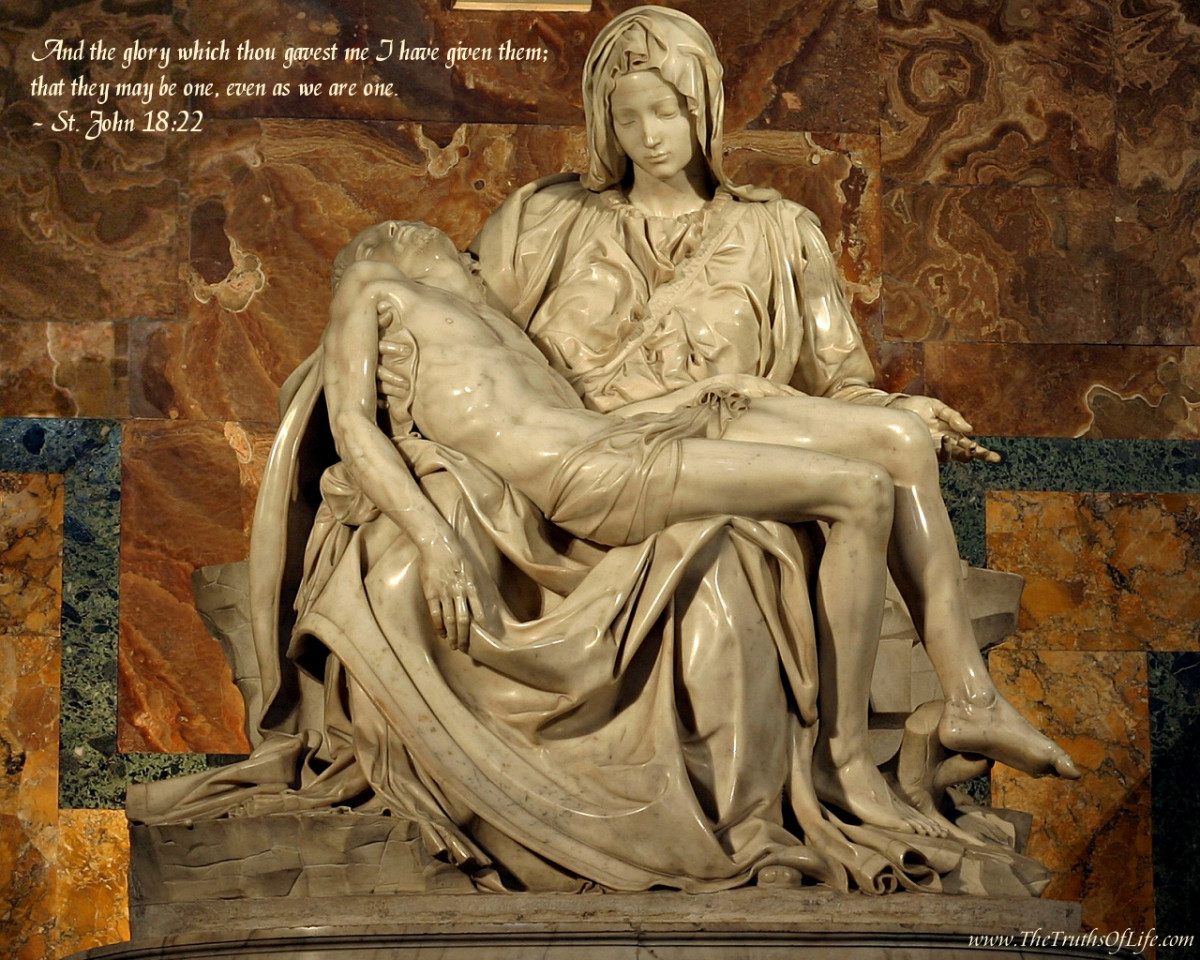A Fresh Look at the Book of Romans Chapter 3

This brings to the end of the first division of this great letter, "All have Sinned".
Romans chapter 3
In Chapter 2, Paul points out that God is patient, tolerant and kind because he is trying to lead us to repentance (vs. 4). The Jews in Paul’s world bragged about their situation, but they had abused their great advantage. While they had been given the law, they failed to keep it themselves. So even though the Jews had a great opportunity to be a light to the Gentiles, they lived in darkness themselves. Then when Jesus came to bring a new covenant, instead of recognising the opportunity, the Jews killed the messenger. Jesus was more than a messenger from God, his Father; he came to fulfil the law. Now the Judaizing teachers continued to persecute the followers of Jesus as they had persecuted Jesus. They tried to force the Christian to keep parts of the law that were often only outward signs of their religion. At the same time they had failed to understand and keep the spirit of the law. Jesus said as is recorded in Matthew 5:20; “unless your righteousness exceeds the righteousness of the scribes and the Pharisees, you will by no means enter the Kingdom of heaven”(NKJV). Compare Galatians 3:19-29). It was difficult to be a Christian in the time that Paul wrote the Roman letter because opposition came from the Romans and also from the Jews. Historically many of the Jews, and especially those in power in Jerusalem, brought disrepute on God by their bad example as supposed followers of God. Their example was a deterrent to others rather than an encouragement to follow God. Unfortunately the same can be said of many Christians today and it certainly was true of the Church in Corinth in Paul’s time as evident from Paul’s letters to them.
The question then had to be asked: what advantage was there to being a Jew? Paul replies that it was indeed an advantage and lists the reasons; 1. They had been entrusted with the Law and so had the responsibility to demonstrate God’s goodness to all. 2. God’s justice can be seen in the way he treated his chosen people. (See the book of Judges – things went well when the people obeyed God and conversely went badly when they disobeyed God). 3. As the Jews needed God, so did the Gentiles because a new dispensation had arrived.
In verses 9-18, Paul explains clearly that all stand in need of forgiveness because all have sinned. The law was not meant to provide salvation, but rather to act as a way to point people to what they had to do. But now God’s way of “putting people right with himself,” has been revealed (vs. 21). Salvation does not depend on anyone keeping the law perfectly, because, after all, that was and is impossible to do. It rather comes as a “free gift of God’s grace” (vs.24}. It is by the sacrificial death of Christ that sins are forgiven through a person’s faith in him. The Jews then who boasted about their possession of the law and their righteousness when in fact they had nothing to boast about.
In the next chapter Paul uses the example of Abraham to illustrate this important fact. As a person comes to hear the call of God and responds positively to it, he is credited with the gift of God’s grace. No one can earn salvation, but everyone can receive it by faith. Does this mean that the Law is done away with? No! Paul says it is because of our faith we obey the law that has always been revealed and is written on our hearts (2:15).
The description of the new life that comes to those who are baptised into Christ means the death of the old life of sin and the beginning of new spiritual life. Going back to the teaching of Jesus he said to Nicodemus “that unless one is born of the water and the spirit one cannot enter the Kingdom of God “. (John 3:3) This new life in the Kingdom frees us from being slaves of sin and makes us slaves of righteousness. (Romans 6:3-17) Paul will explain this more fully to the Roman Christians in the following chapters.
References: NKJV of the Bible. Scripture taken from the New King James Version. Copyright 1982 by Thomas Nelson, Inc. Used by permission. All rights reserved,
Bruce F. F. Romans An Introduction and Commentary
Barclay W. The letter to the Romans








